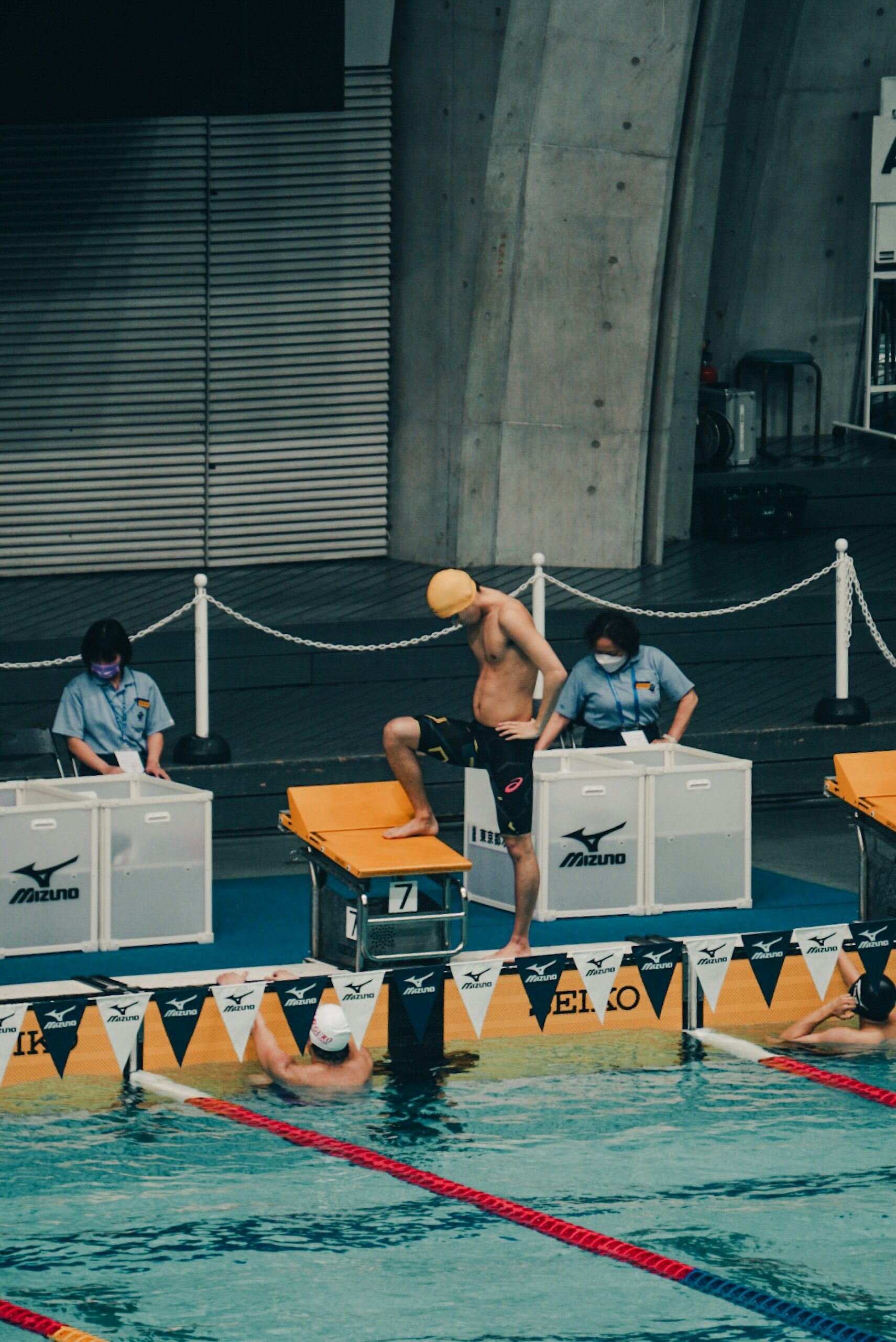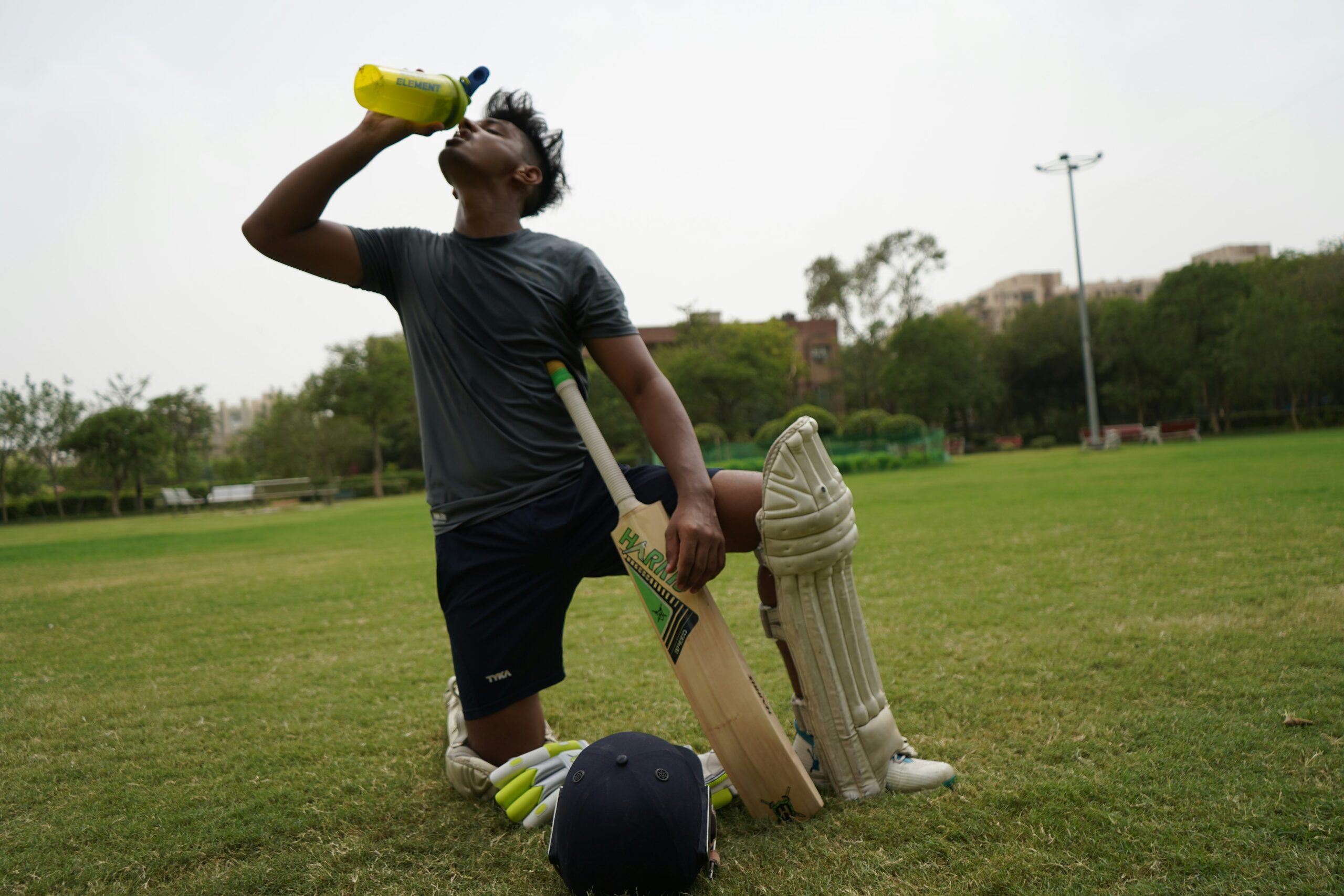Unlocking the Power of the Mind
When we think of athletic performance, images of intense training, sweat-soaked jerseys, and muscular physiques often come to mind. However, there’s another dimension to sports that’s just as crucial, yet frequently overlooked: mental conditioning. The mind, it seems, is as powerful as the body—perhaps even more so. In today’s hyper-competitive environment, athletes are realizing that their mental game can be the difference between victory and defeat. But how exactly does one go about harnessing this mental prowess? Well, dear reader, let’s dive into the fascinating world of mental conditioning.
The Basics of Mental Conditioning
At its core, mental conditioning refers to the training of the mind to enhance performance. Just as athletes lift weights to build physical strength, mental conditioning helps them develop focus, resilience, and confidence. It’s a broad field, encompassing techniques such as visualization, meditation, self-talk, and even cognitive-behavioral strategies.
Why Mental Conditioning Matters
Consider this: even the most skilled athlete can falter under pressure if their mental game is weak. I remember a particular football match where our team had all the talent but completely crumbled in the final minutes. Was it skill? Nope. It was a classic case of mental breakdown. A strong mind can turn the tide, allowing athletes to perform at their best, even when the stakes are high.
Visualization: Seeing is Believing
One of the most effective tools in an athlete’s mental conditioning arsenal is visualization. This technique involves imagining oneself performing a specific skill or achieving a goal. Studies suggest that mental imagery can enhance performance by creating neural patterns similar to actual physical practice. It’s as if your brain doesn’t know the difference!
Take, for example, Olympic athletes who spend hours visualizing their routines. They imagine every twist, turn, and landing. It’s not just fanciful daydreaming; it’s a powerful way to prepare mentally. There’s a reason why many elite performers swear by it. Just think about it—if you can see yourself succeeding, why wouldn’t your body follow suit?
Building Focus and Concentration
Another vital aspect of mental conditioning is the development of focus. In sports, distractions can come from anywhere—crowd noise, an opponent’s taunts, or even one’s own racing thoughts. Athletes need to hone their ability to concentrate on the task at hand, blocking out everything else.
Mindfulness Techniques
Mindfulness has gained traction in recent years as a way to improve focus. This practice encourages individuals to stay present, observing their thoughts without judgment. Athletes can benefit immensely from mindfulness by learning to regulate their emotions and maintain composure during high-pressure situations.
In my own experience, I’ve found that a few minutes of deep breathing before a game can clear my mind and enhance my focus. It’s remarkable how quickly one can shift from chaotic thoughts to a state of calm readiness. Just a simple pause can work wonders.
Emotional Resilience
Let’s face it; sports can be a rollercoaster of emotions. The highs of victory and the lows of defeat can be overwhelming. Mental conditioning equips athletes with the tools to navigate these emotional waters. Resilience—the ability to bounce back from setbacks—is crucial in sports.
Developing a Resilient Mindset
Resilience involves training oneself to view challenges as opportunities for growth rather than obstacles. This mindset shift can be transformative. For instance, after losing a crucial match, instead of wallowing in despair, a resilient athlete asks, “What did I learn from this?”
Coaches often emphasize the importance of a growth mindset. This concept, popularized by psychologist Carol Dweck, suggests that our abilities can be developed through dedication and hard work. Imagine if every athlete embraced this philosophy—sports would be a whole different ballgame!
Self-Talk: The Inner Dialogue
Have you ever caught yourself in a negative spiral of thoughts? You’re not alone! The way we talk to ourselves can significantly impact our performance. Positive self-talk can boost confidence and reduce anxiety, while negative self-talk can lead to self-doubt and hesitation.
Crafting Your Inner Voice
Simple affirmations—like “I am strong” or “I can do this”—can make a world of difference. I’ve seen athletes turn their fortunes around simply by changing how they speak to themselves. Instead of saying, “I can’t mess this up,” try, “I’m ready for this challenge.” It’s a subtle shift, but trust me, it’s powerful.
Setting Goals: The Roadmap to Success
No athlete embarks on their journey without goals. Goal setting is an essential component of mental conditioning. It provides direction and motivation, helping athletes stay focused on their long-term aspirations while celebrating small victories along the way.
SMART Goals
Many athletes utilize the SMART criteria—Specific, Measurable, Achievable, Relevant, and Time-bound—to set their goals. For instance, rather than aiming to “improve my game,” a SMART goal might be “to increase my free throw percentage by 10% over the next three months.” This clarity allows athletes to track progress and adjust their training accordingly.
Overcoming Performance Anxiety
Performance anxiety—those butterflies in the stomach that can feel more like a swarm—affects athletes at every level. The pressure to perform can lead to a mental block, inhibiting one’s ability to showcase their skills. Thankfully, mental conditioning offers strategies to tackle these nerves head-on.
Strategies for Managing Anxiety
Breathing techniques, visualization, and positive self-talk can combat performance anxiety. One technique that stands out is the “4-7-8” breathing method: inhale for four seconds, hold for seven, and exhale for eight. This simple exercise can help calm nerves and refocus the mind.
In a memorable instance, I witnessed a young gymnast nail her routine after a few minutes of focused breathing backstage. She went from shaky and anxious to poised and confident, all with a little bit of mental conditioning.
Creating a Routine: Consistency is Key
Just like physical training, mental conditioning benefits from a consistent routine. Athletes thrive on structure—it’s comforting and reassuring. Developing a pre-competition mental routine can help athletes get into the right mindset before a big event.
Personalizing Your Routine
Every athlete’s routine will look different. Some may prefer to meditate, while others might listen to specific music or visualize their performance. The key is to find what works best for you and stick with it. I can’t stress enough how beneficial it is to have a go-to routine that signals to your brain, “It’s time to compete!”
The Role of Coaches and Support Systems
While individual mental conditioning is vital, the role of coaches and support systems cannot be understated. Coaches who understand the mental aspect of the game can provide valuable guidance and encouragement. They can help athletes develop mental strategies and work through emotional challenges.
Building a Positive Environment
A positive environment fosters mental growth. Athletes need a support system that encourages open communication and emotional vulnerability. Teams that cultivate a culture of trust and support often see improved performance—not just physically, but mentally.
Case Studies: Success Stories
To illustrate the impact of mental conditioning, let’s take a look at a few notable examples. From tennis to basketball, athletes have harnessed the power of their minds to achieve greatness.
Serena Williams: The Mental Game
Serena Williams is known not only for her incredible physical prowess but also for her mental fortitude. She often speaks about the importance of visualization and positive self-talk in her training. Her ability to stay calm under pressure has led her to numerous Grand Slam titles and made her a formidable opponent.
Michael Jordan: The Mind of a Champion
Michael Jordan, widely regarded as one of the greatest basketball players of all time, utilized mental conditioning to elevate his game. He famously practiced visualization techniques, imagining himself making game-winning shots. His relentless work ethic and mental resilience allowed him to thrive even in the most challenging situations.
Getting Started with Mental Conditioning
If you’re an athlete looking to elevate your game through mental conditioning, where do you begin? Here are a few actionable steps to integrate mental training into your routine:
- Start Small: Incorporate brief mindfulness exercises into your daily routine.
- Set Clear Goals: Use the SMART framework to define your objectives.
- Practice Visualization: Spend time imagining your performance, focusing on details.
- Develop Positive Self-Talk: Create a list of affirmations to boost your confidence.
- Seek Guidance: Consider working with a sports psychologist or mental conditioning coach.
In Conclusion: The Future of Sports Performance
As we continue to explore the intersection of mental conditioning and athletic performance, one thing is clear: the mind has the potential to revolutionize how we approach sports. Athletes who invest in their mental game are likely to experience not only improved performance but also greater enjoyment and fulfillment in their sport.
Whether you’re a seasoned competitor or just starting your athletic journey, embracing mental conditioning can be a game changer. After all, in the grand arena of sports, it’s not just about how strong you are physically, but how resilient and focused you are mentally. So, the next time you lace up your sneakers, take a moment to check in with your mind. You might just unlock a whole new level of performance.




